
Ghana is the first country on the continent to subject itself to the African Union's (AU) Country Structural Vulnerability and Resilience Assessment (CSVRA) tool.
The framework assesses a country's vulnerability to conflict by identifying structural defects or resilience indicators to prevent possible conflict.
The National Security Minister, Mr Albert Kan-Dapaah, made this known at the launch of the CSVRA and Country Structural Vulnerability Mitigation Strategy Report (CSVMS) in Accra on Wednesday.
Conducted between October last year and this year, the report highlighted issues of structural vulnerabilities in the country proposing concrete recommendations to address such flaws to strengthen socio-economic development.
It also explored ways through which the AU together with the Economic Community of West African States (ECOWAS) could best support actions needed to be taken to mitigate possible conflicts.
The Minister in launching the report, noted that, in as much as the country took pride in its global recognition as a 'beacon of peace', it was expedient that necessary measures were instituted to sustain such image.
He said government was committed to maintaining peace and stability in the country, hence willing to implement strategies provided in the report to deal with issues that could threaten the current peace enjoyed.
"In Ghana, we take pride, extreme pride in the fact that our country is a beacon of peace and stability in a very volatile region. We have so much faith in that perception that we are not afraid to put this perception to a test at any point in time".
"We are therefore excited to come up with any findings out of this process so that we could help shape our policies and programmes that would be necessary to address any structural vulnerability identified," he said.
The Minister expressed gratitude to the AU Commission for providing the needed assistance in the study which he believed would be "a cornerstone that will boost our country's early warning capabilities."
Ambassador Frederick Gateretse-Ngoga, Head of the Conflict Prevention and Early Warning Division (CPEWD) of the AU explained that the framework was inspired by the AU's renewed emphasis on conflict prevention as well as formed part of the continent's blueprint for long term socio-economic and integrative transformation.
According to him, despite vulnerabilities citied during the study, diverse resilience factors including the culture of peace among Ghanaians, reverence and respect for traditional authorities, respect for human rights and a vibrant media among others had helped the country to prevent and manage violent conflicts.
"The recent appointment of a Special Prosecutor is also a laudable development. As such, it is my firm belief that the results of the report especially the mitigation strategies which includes enforcement of punitive measures on corruption and institutionalisation of measures to retrieve assets, imposition of sanction against vigilantes and their sponsors among others will prepare Ghana to address long-term questions of societal stability, governance and development in a solid and inclusive way," he said.
The Director-General of the Research Department of the National Security Ministry, Mr Peter Nyarko Opata said a Technical Committee would be set up to deliberate on the findings of the reports and make suggestions to government for onward implementation.
Read Full Story
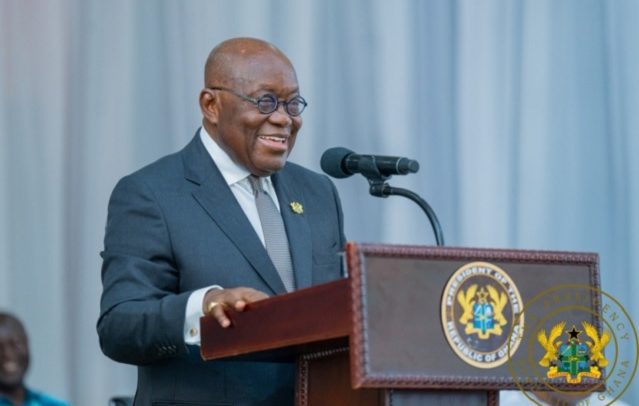
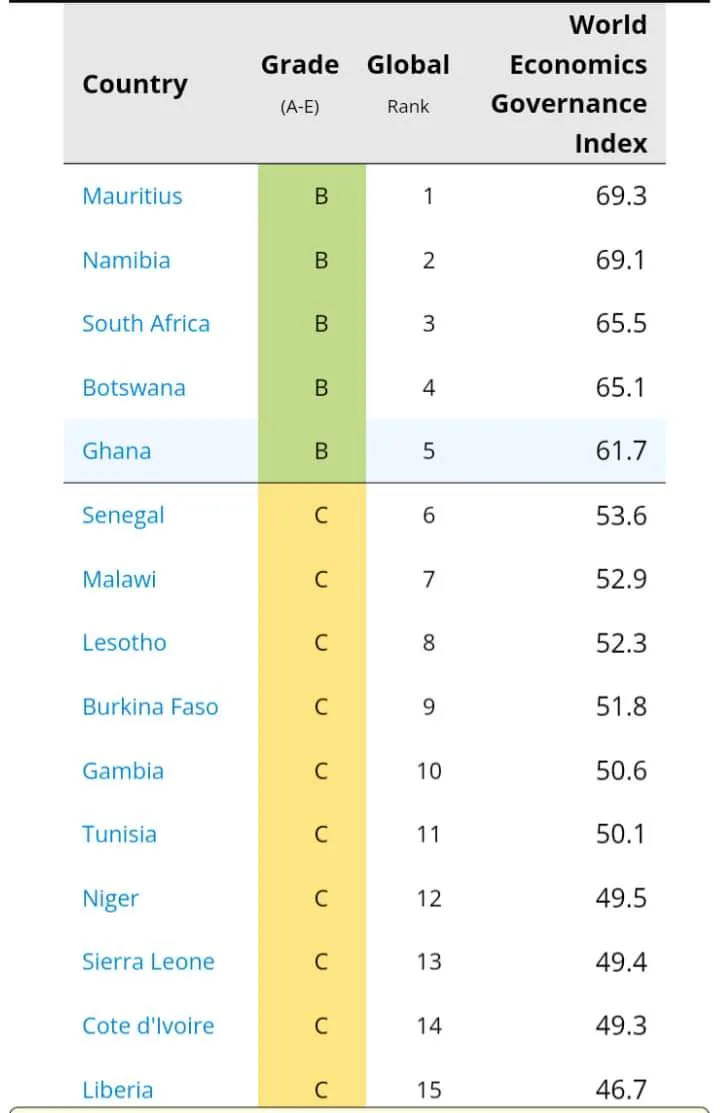

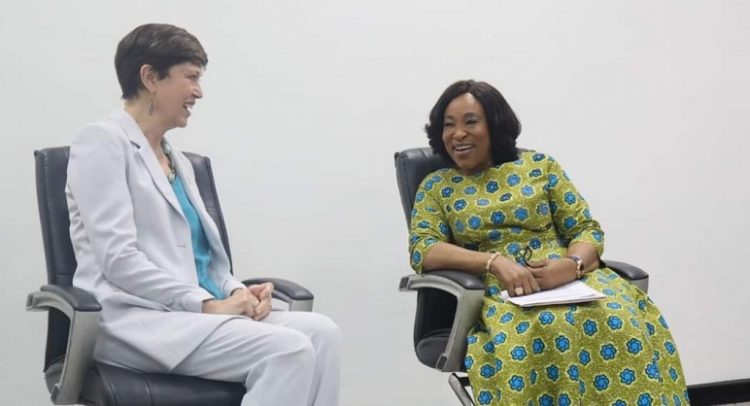

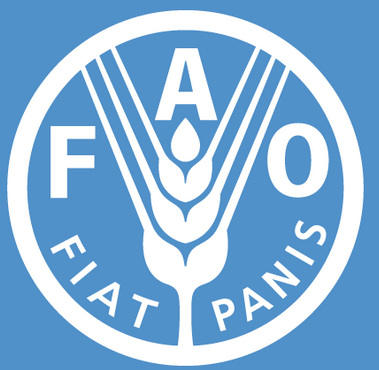





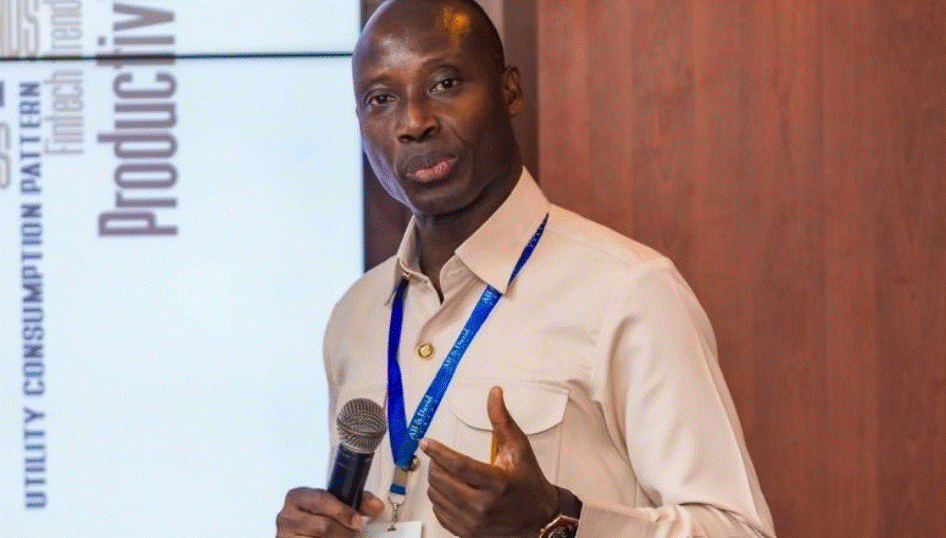
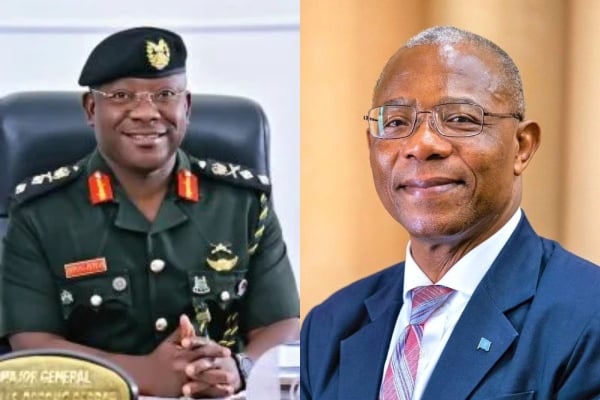






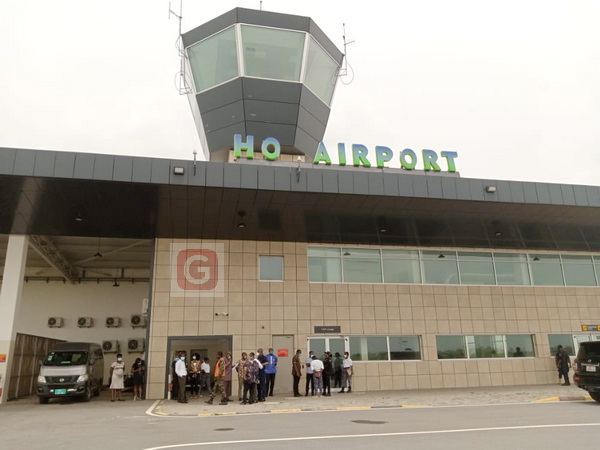


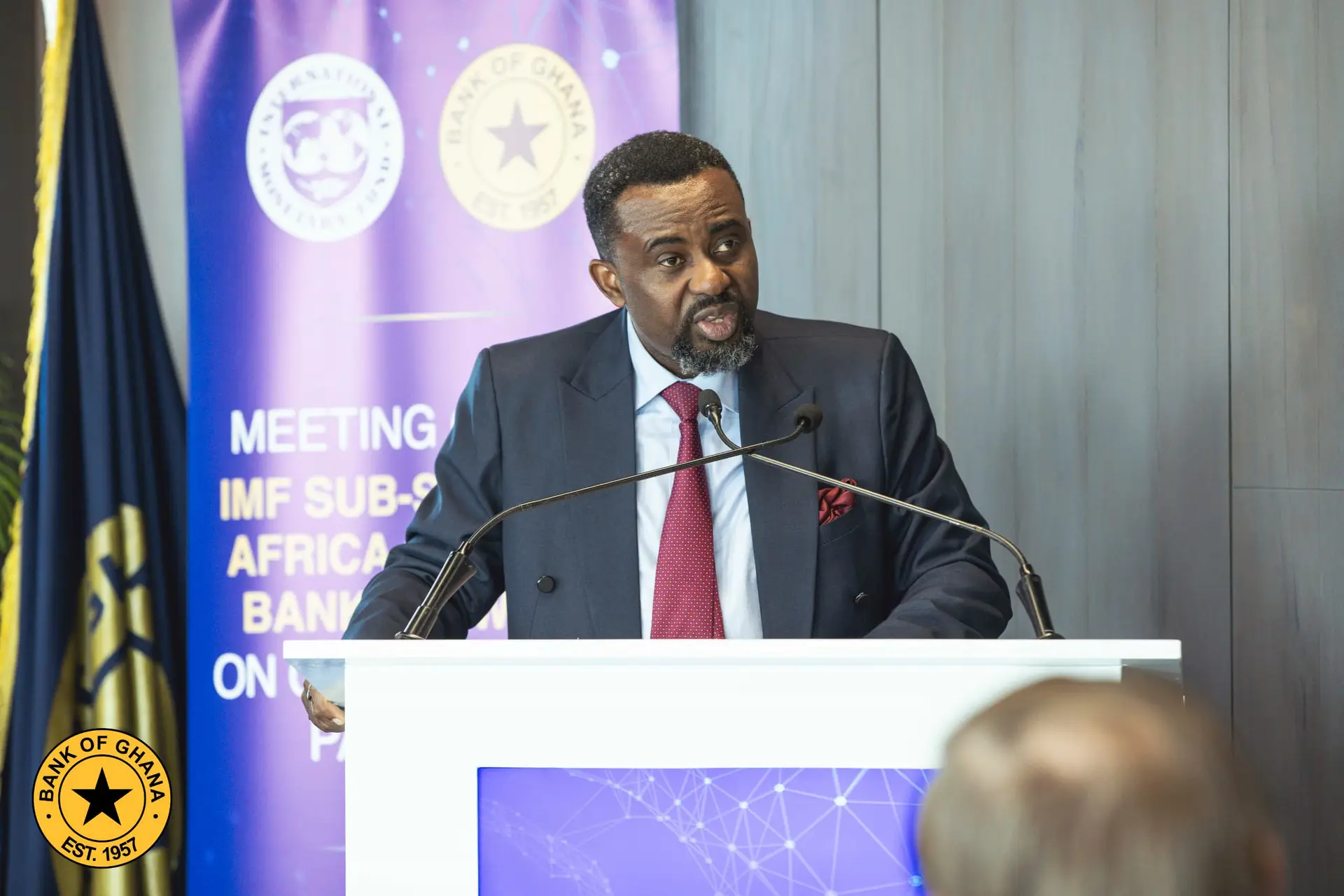
Facebook
Twitter
Pinterest
Instagram
Google+
YouTube
LinkedIn
RSS